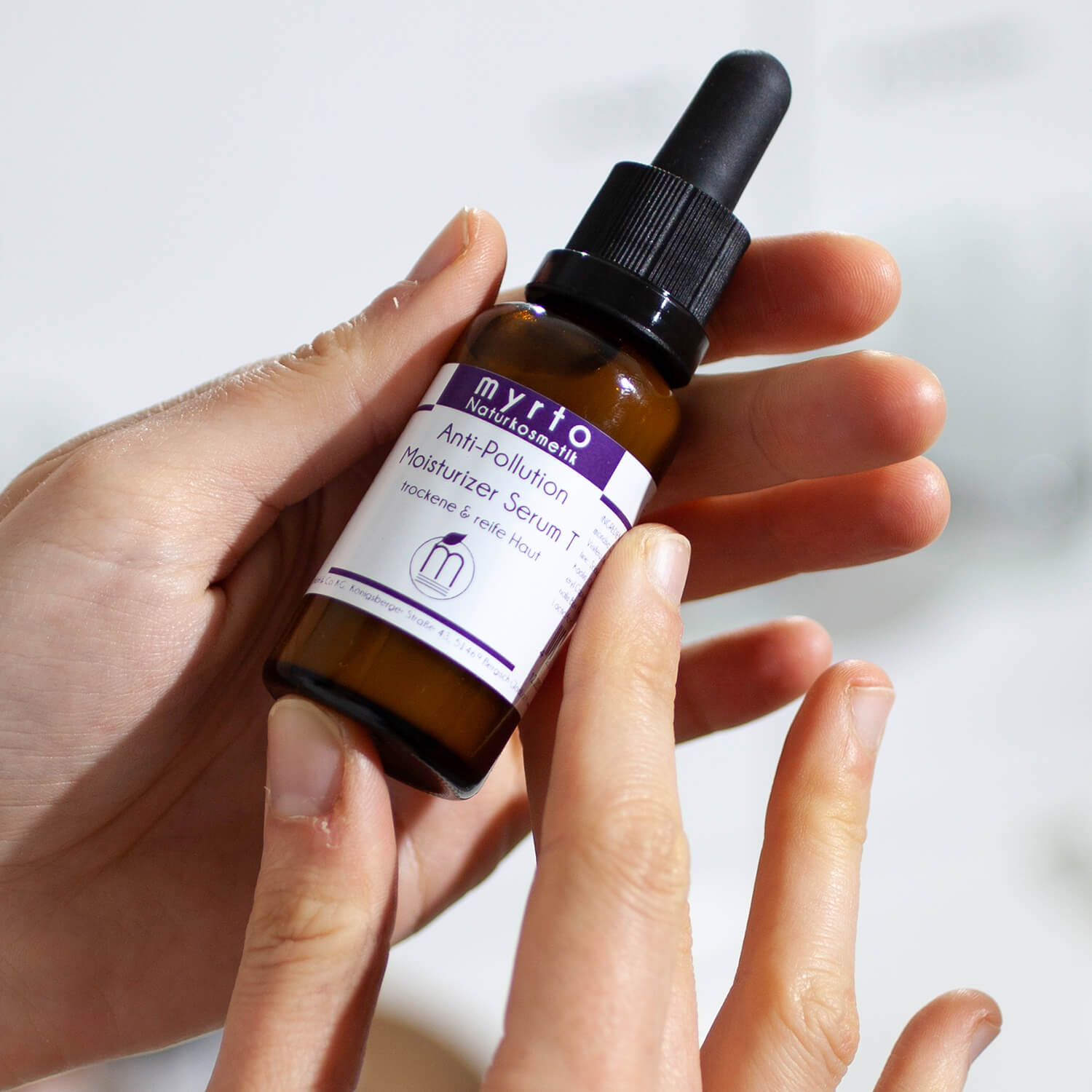
Natural cosmetics seal: quality guarantee or marketing tool?
What is natural cosmetics?
With the trend towards growing environmental awareness, interest in organic and natural cosmetics has also grown steadily in recent years. This is primarily due to the desire for
- skin-friendly products,
- the most ecological production of raw materials and ingredients possible,
but also
- biodegradability
- fair working conditions,
- the ban on animal testing,
- the preservation of small agricultural businesses,
- the protection of vital natural landscapes such as primeval forests.
Wikipedia defines natural cosmetics as cosmetics whose ingredients are predominantly of natural origin. As you can see, this term is not very specific with regard to the expectations described and leaves a lot of room for interpretation.
No uniform natural cosmetics standard
Natural cosmetics are not uniformly defined by law. Rather, there are numerous private natural cosmetics labels that define different standards based on their own criteria. These labels only partially or not at all take into account the aforementioned expectations for natural cosmetics. Each label for certified natural cosmetics defines its own standards, some even allowing a maximum of 5% petrochemical ingredients. Common natural cosmetics labels include Natrue, Cosmos/BDIH, Ecocert, Icada, and NCS. They have varyingly strict, often non-transparent requirements, making them difficult for consumers to compare. The common labels for certified natural cosmetics have only a few minimum standards in common:
- Ban on parabens in preservatives
- Ban on genetically modified ingredients
- Ban on silicones
- Ban on synthetic dyes and fragrances
- Problem of skin compatibility
None of the certifications consider the skin compatibility of the ingredients. This should be an essential prerequisite for determining whether an ingredient is more or less suitable for natural cosmetics.
-
Example of aggressive surfactants
The surfactant sodium coco sulfate, primarily used in organic shampoos and shower gels, is partly natural and partly petrochemical in origin. Sodium coco sulfate is known to have an irritating, skin-irritating, and drying effect on sensitive skin and scalp. This detergent meets all common natural cosmetics certifications—not least because large corporations have exerted financial pressure on natural cosmetics certifiers. -
Example preservatives
Preservatives such as potassium sorbate (INCI: Potassium Sorbate), sodium benzoate (INCI: Sodium Benzoate), or benzoic acid (INCI: Benzoic Acid) are synthetically produced as "nature-identical" ingredients. They comply with all common natural cosmetic certifications, although they have an increased potential for skin irritation and are more likely to cause skin reactions in sensitive skin. -
Example alcohol
Although alcohol (INCI: alcohol) has a drying effect, damages the skin barrier and is also unsuitable for oily skin, it complies with all common natural cosmetics seals without quantity restrictions - even in facial care. -
Example fragrances
Although natural fragrances with their allergens also have an increased irritating potential for sensitive skin, they are nevertheless permitted in facial care for certified natural cosmetics. -
Example emulsifiers
Emulsifiers not only combine the oils and water in an emulsion, but also absorb into the skin, where they continue to emulsify. They dissolve the skin's own fats from the skin barrier, so that they are washed out upon the next contact with water (a washout effect). This applies not only to synthetic, petroleum-based PEG emulsifiers, but also, in a weaker form, to classic emulsifiers made from esterified plant fatty acids that meet the standards of certified natural cosmetics.
Natural cosmetics seals & economic interests
The common natural cosmetics seals are offered by purely private licensors. These licensors represent the companies' economic interests as lobby groups and/or operate for profit themselves. To use one of the many natural cosmetics seals, the certification must be purchased from the companies for an annual license fee. The licensors argue that the advertising effect of their natural cosmetics seal is supposed to justify the license fees and the considerable additional administrative costs for the companies through supposedly increased sales figures. Certification as a promotional measure translates into higher sales prices—especially for smaller companies. It does not benefit the quality of the products in any way.
Since 2017, in addition to private natural cosmetics certifications, there has been an ISO standard for organic and natural cosmetics. However, ISO standard 16128 is also not legally binding and does not contain detailed specifications. According to this standard, cosmetic products are considered natural cosmetics if they contain at least 95% natural ingredients – including the water content. Since the ISO standard for natural cosmetics also permits a 5% share of petrochemical ingredients, it seems more likely that the goal is to convey a "good feeling" to the consumer. A possible suspicion of "greenwashing" is not unfounded here.
So how do you really recognize high-quality natural cosmetics?
Natural cosmetics should focus on first-class quality and premium formulations with optimized skin compatibility, as well as on organically produced and, wherever possible, fairly traded plant ingredients. Specifically, this means:
- Emulsifier-free creams and lotions
- no aggressive, sulfate-containing surfactants in organic shampoos or shower gels, but skin-friendly plant-based surfactants, such as washing-active amino acids or sugar surfactants
- intelligent preservation systems without potentially skin-irritating classic preservatives, instead, for example, with organic acids that also have skin-care properties
- no alcohol in natural cosmetics
- no fragrances in facial care
- no palm oil in natural cosmetics
Our recommendation
As long as there is no appropriate, uniform natural cosmetics standard, we recommend that you carefully examine each individual ingredient in your cosmetics. The ingredient list on product labels lists all ingredients in descending order of quantity. We particularly recommend the Codecheck app for assessing each individual ingredient.
At myrto, you'll find a German explanation for every Latin pharmaceutical INCI term in the product description. All myrto products receive top ratings on Codecheck without exception.
This means: According to current scientific studies, every single ingredient used in myrto is 100% safe for your skin and also for our environment. This applies to every myrto product without exception! This means that myrto natural cosmetics far exceed all common natural cosmetics standards.



